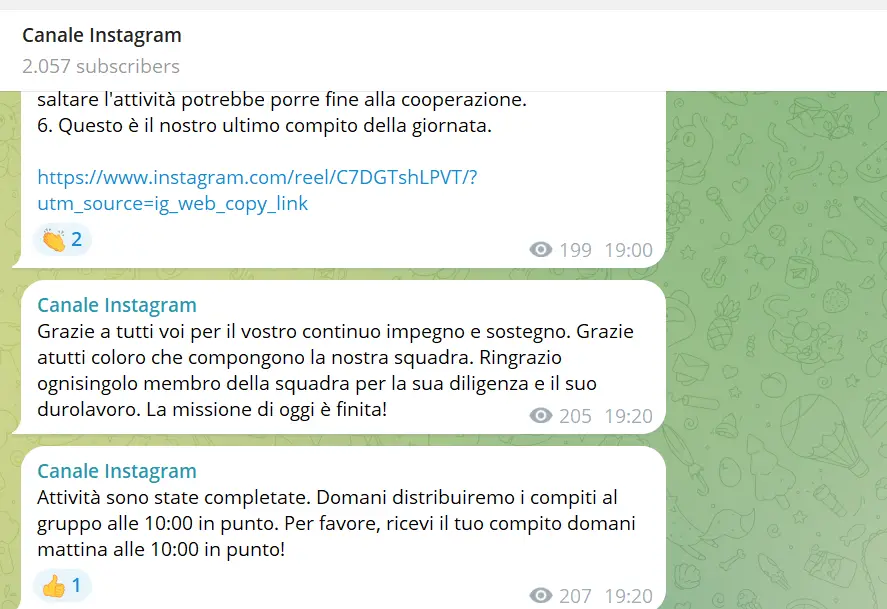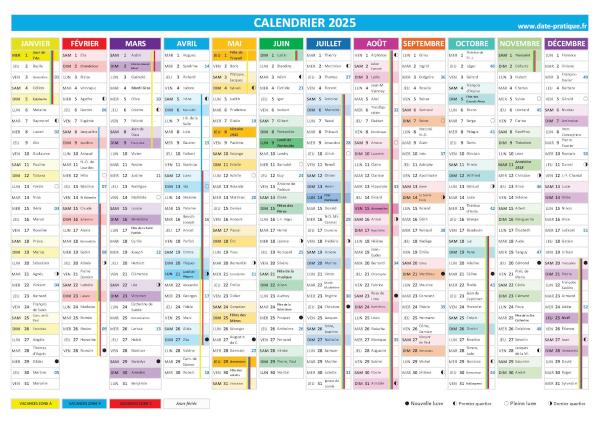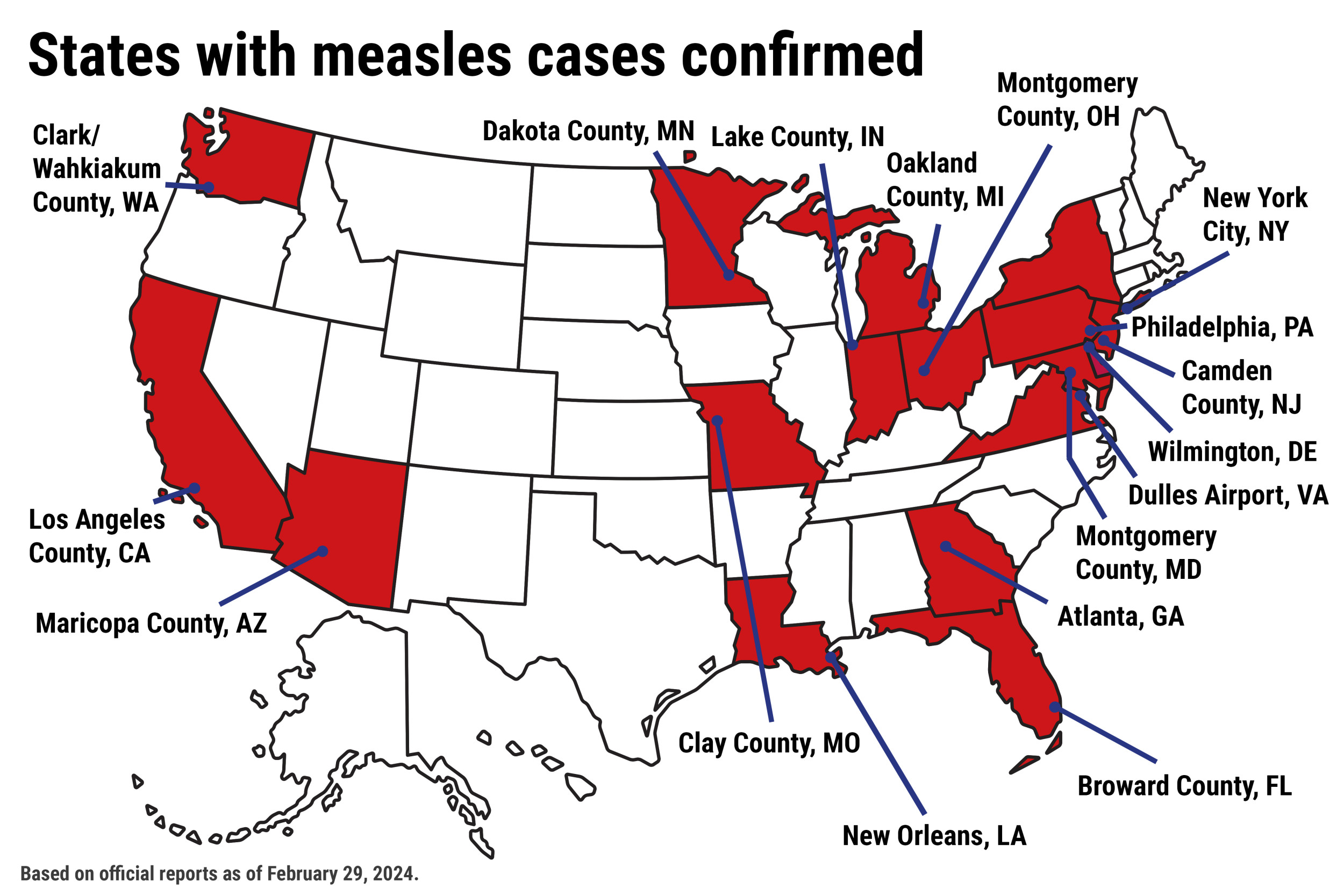Ticketmaster's Crucial Warning: Protect Yourself From Fake Ticket Scams

Table of Contents
Identifying Red Flags of Fake Ticket Scams
Before you click "buy," be vigilant! Several red flags can signal a fake ticket scam. Learning to identify these warning signs is crucial for protecting yourself from ticket fraud and ensuring a smooth event experience.
Unusually Low Prices
A deal too good to be true? It probably is. Significantly discounted prices compared to official vendors like Ticketmaster are a major red flag indicating counterfeit tickets.
- Examples: Tickets for a sold-out concert costing significantly less than face value, or tickets for a highly anticipated sporting event available at a fraction of the official price.
- Why it happens: Scammers often offer unbelievably low prices to quickly unload their counterfeit tickets. They know that the allure of a bargain will override many people's caution.
- The Risk: You risk losing your money entirely, and more importantly, missing the event you’ve been looking forward to.
Unverified Sellers
Buying event tickets from unofficial sources like social media (Facebook, Instagram, etc.), classified ads (Craigslist, etc.), or unverified online marketplaces is risky.
- Lack of Buyer Protection: These platforms generally offer little to no buyer protection. If the tickets are fake, getting a refund or replacement is incredibly difficult.
- Difficult Refunds/Replacements: Even if you manage to contact the seller, they might be unreachable or unwilling to help.
- Stick to Reputable Marketplaces: Always prioritize purchasing from reputable ticket marketplaces with established buyer protection policies.
Suspicious Payment Methods
Be wary of unconventional payment methods. Scammers often prefer untraceable options to avoid detection.
- Lack of Buyer Protection: Wire transfers, prepaid debit cards, and cash offer virtually no buyer protection. If something goes wrong, recovering your money is nearly impossible.
- Secure Online Payment Systems: Always use secure online payment systems like PayPal or credit cards that offer buyer protection and chargeback options.
- Increased Risk of Fraud: Untraceable payment options significantly increase your risk of fraud and make it much harder to report the scam.
Safe Ticket Purchasing Practices
Protecting yourself from fake ticket scams requires proactive measures. Here are some essential safe ticket purchasing practices:
Buy Directly from Ticketmaster or Authorized Resellers
The safest way to buy event tickets is directly from the official source – Ticketmaster or an authorized reseller.
- Ticketmaster Benefits: Ticketmaster offers buyer protection, ensuring verified tickets and secure transactions. They are the primary vendor for many events and concerts.
- Identifying Authorized Resellers: Look for authorized resellers clearly identified on the event venue's or organizer's website. Be cautious of websites or individuals claiming to be authorized without proof.
- Official Links: Always access Ticketmaster and authorized reseller websites directly through official links to avoid phishing sites.
Verify Ticket Authenticity
Before attending an event, take steps to verify your ticket's authenticity.
- Ticketmaster Verification Tools: Ticketmaster often provides tools to verify the authenticity of tickets purchased through their platform. Utilize these features whenever possible.
- Check Ticket Details: Compare the barcode and other details on your ticket against the event information provided by the official vendor. Any discrepancies should raise concerns.
- Contact the Venue: If you have doubts about the authenticity of your ticket, contact the event venue directly for verification.
Be Wary of Emails and Social Media Messages
Scammers often use phishing emails and fake social media profiles to lure unsuspecting victims.
- Phishing Examples: Be cautious of unsolicited emails offering unbelievably cheap tickets or those with suspicious links or attachments.
- Identifying Suspicious Messages: Look for poor grammar, spelling errors, or unusual requests for personal information. Legitimate vendors will rarely ask for this over email or social media.
- Reporting Suspicious Messages: Report any suspicious emails or social media messages to the relevant platforms and authorities.
What to Do If You've Been Scammed
Even with precautions, scams can happen. Knowing what to do if you've been scammed is critical.
Report the Scam
Act quickly and report the scam to the appropriate channels.
- Report to Platform: If you purchased the ticket through a platform like eBay or StubHub, report the fraudulent transaction immediately.
- Contact Your Bank/Credit Card: Dispute the charge with your bank or credit card company to potentially recover your funds.
- File a Police Report: Filing a police report creates a record of the incident and may help authorities track down the scammers.
Learn from the Experience
Use this experience to enhance your future ticket purchasing habits.
- Prioritize Official Sources: Re-emphasize the importance of only purchasing tickets from official sources like Ticketmaster or authorized resellers.
- Research Vendors: Always thoroughly research ticket vendors before making a purchase to verify their legitimacy.
- Share Your Experience: Sharing your experience can help educate others and prevent them from falling victim to similar scams.
Conclusion:
Protecting yourself from fake ticket scams requires vigilance and awareness. By identifying red flags, employing safe purchasing practices, and knowing how to respond if scammed, you can significantly reduce your risk. Don't become a victim of fake ticket scams! Secure your event tickets and protect your investment by following these tips. For more information on safe ticket purchasing, visit the official Ticketmaster website.

Featured Posts
-
 Why You Dont Always See Excessive Heat Warnings In Forecasts
May 30, 2025
Why You Dont Always See Excessive Heat Warnings In Forecasts
May 30, 2025 -
 Sinner And Djokovic Key French Open Matches And Analysis
May 30, 2025
Sinner And Djokovic Key French Open Matches And Analysis
May 30, 2025 -
 Resultats Bts 2025 Dates Cles Et Informations Importantes
May 30, 2025
Resultats Bts 2025 Dates Cles Et Informations Importantes
May 30, 2025 -
 Metallica Glasgow Hampden Park Gig World Tour Date Announced
May 30, 2025
Metallica Glasgow Hampden Park Gig World Tour Date Announced
May 30, 2025 -
 Declining Measles Cases In The United States Whats Behind The Trend
May 30, 2025
Declining Measles Cases In The United States Whats Behind The Trend
May 30, 2025
